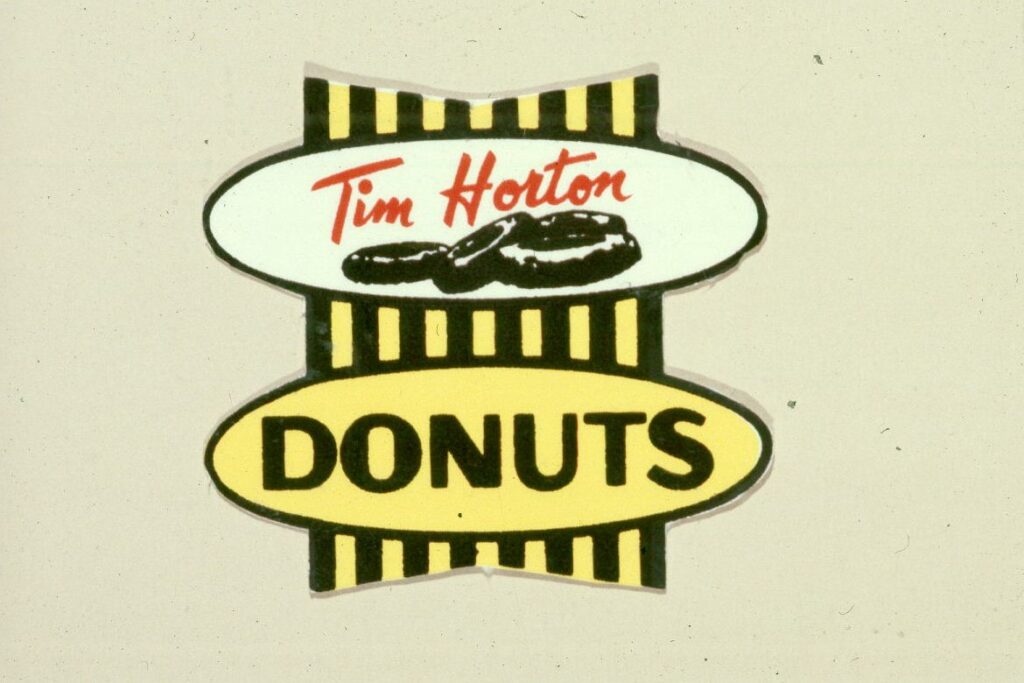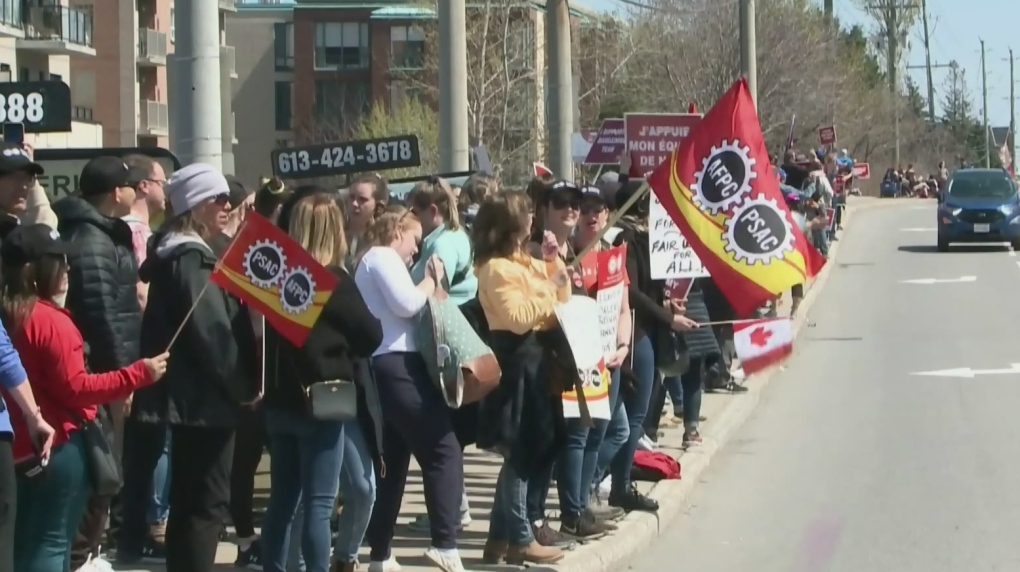Tim Hortons: From Hockey Player to Coffee Empire
Tim Hortons Brampton locations Tim Hortons Brampton locations Tim Hortons is a Canadian restaurant chain known for its coffee, doughnuts and connection to Canada’s national identity. Its namesake, Toronto Maple Leafs defenceman Tim Horton (1930–74), founded the business with Montréal businessman Jim Charade. The first Tim Hortons doughnut franchise opened in Hamilton, Ontario, in April 1964. Since then, Tim Hortons has become Canada’s largest restaurant chain, operating 3,665 stores across the country as of 2016. In 1995, American fast-food chain Wendy’s bought Tim Hortons in a partnership that lasted until 2006. In 2014, the chain was again purchased by a foreign company, this time by Brazilian firm 3G Capital, known for its ownership of Burger King. Despite foreign ownership, Tim Hortons remains a Canadian cultural phenomenon. Timanjim Ltd.: 1963–64 In the spring of 1963, Toronto Maple Leafs defenceman Tim Horton met businessman Jim Charade. Charade had left his job as manager of a Scarborough , Ontario, doughnut plant to open a store called Your Do-nut in a strip mall at Lawrence and Warden avenues. The store was two doors from the barber shop where Horton got his signature brush cut. Horton had a long-standing interest in getting into the restaurant business. Professional hockey players then worked about eight months a year (if they made the playoffs), and pay was such that they usually pursued an off-ice career, with retirement from the game in mind. In 1963, Charade and Horton formed the company Timanjim Ltd. They opened four restaurants, called Tim Horton Drive-In, in greater Toronto and Port Credit, serving burgers and chicken. In a separate deal, Charade licensed Horton’s name to turn Your Do-nut (which briefly was Royal Do-nut) into Tim Horton Do-Nut, the first doughnut store to bear Tim Horton’s name. The burger and chicken drive-ins struggled, and Charade decided the future was in doughnuts and restaurant franchising. Rather than own the restaurants himself, he would sell franchise rights to owner-operators, who would buy their equipment and supplies from the franchising company, follow its menu and operating standards, and pay the company a share of their revenues. Intimidated by competition in Toronto, Charade set up the first Tim Horton doughnut franchise on Ottawa Street North in the industrial east end of Hamilton, Ontario. Opened in April 1964, the outlet remains in operation today, and is recognized by Tim Hortons as its first official franchise restaurant. At the time, Tim Horton was still only licensing his name and had no equity in the operation. (courtesy Tim Hortons) The third franchisee at the troubled Hamilton franchise was a Hamilton police officer named Ron Joyce, who lived nearby. Joyce had been running a Dairy Queen on the side and was looking to expand his restaurant interests. When Dairy Queen wouldn’t approve his plan to open another outlet in nearby Bronte, he gambled on becoming the next franchisee for the doughnut shop, in February 1965. More turbulence followed. Joyce and Charade sparred, and for a time, Joyce left the business completely. Joyce would recall driving to Peterborough, Ontario, to meet Horton while the Maple Leafs were at training camp for the 1966–67 season. Horton wanted him back, but Joyce would only agree to return if he was made an equal partner of Horton in the franchising company. Charade had departed, and his former half of Tim Donut was now owned by Horton’s wife, Lori. Horton agreed to Joyce’s condition, and Joyce bought Lori’s half for $12,000 to become Tim’s new partner in Tim Donut in December 1966. Charade (who died in 2009) moved on to work with other franchising operations, but he and Horton remained friends, despite the controversies. In 1970, he returned to work on franchising for Horton and Joyce for about nine months, and again in the mid-1990s for Joyce. Balancing Hockey and Business: 1967–74 Horton and Joyce slowly expanded the franchise chain, and by 1967 had three outlets in Hamilton and one in Waterloo. Joyce had left policing to devote himself to their restaurant business. Although Horton was still playing professional hockey, he was far more than a name on the restaurant sign. Horton was particularly involved in the real estate side, scouting and choosing locations, but he was interested in all aspects of the restaurant business, and even helped to build at least one of the early outlets in Hamilton, in Westdale. While many NHL players struggled to establish a life outside of hockey, Horton was in the rare position of having a growing business waiting for him. Ironically, Horton could not bring himself to leave a game that teammates were forced to abandon because of declining skills and injury. As Horton aged, he could still play at a high level as a “stay at home” rather than a rushing defenceman and could also serve as a mentor to younger players. His experience was especially valued as the NHL began expanding and a rival league appeared, the World Hockey Association. Player salaries rapidly grew as a result. Horton, who had been paid a $12,000 salary as a Maple Leaf in 1960–61, was soon making over 12 times that amount as his career took him to the Pittsburgh Penguins, the New York Rangers, and finally the Buffalo Sabres — a 1970 NHL expansion team managed by his old manager/coach in Toronto, Punch Imlach. Every summer, Horton would routinely announce that he was not returning to play, but he could never say no to the money when the fledgling restaurant business needed cash. He arranged for his NHL salary to be paid to the company, with half the money going to Joyce as salary so that his partner would run the business while he continued to play. Tim Horton Dies: 21 February 1974 For the 1973–74 season, Imlach lured Horton back to the Buffalo Sabres with a $150,000 salary and a sportscar, a De Tomaso Pantera, as a signing bonus. Horton was driving himself back to Buffalo after a game against the Maple Leafs when he lost control of the car in a
Tim Hortons: From Hockey Player to Coffee Empire Read More »


